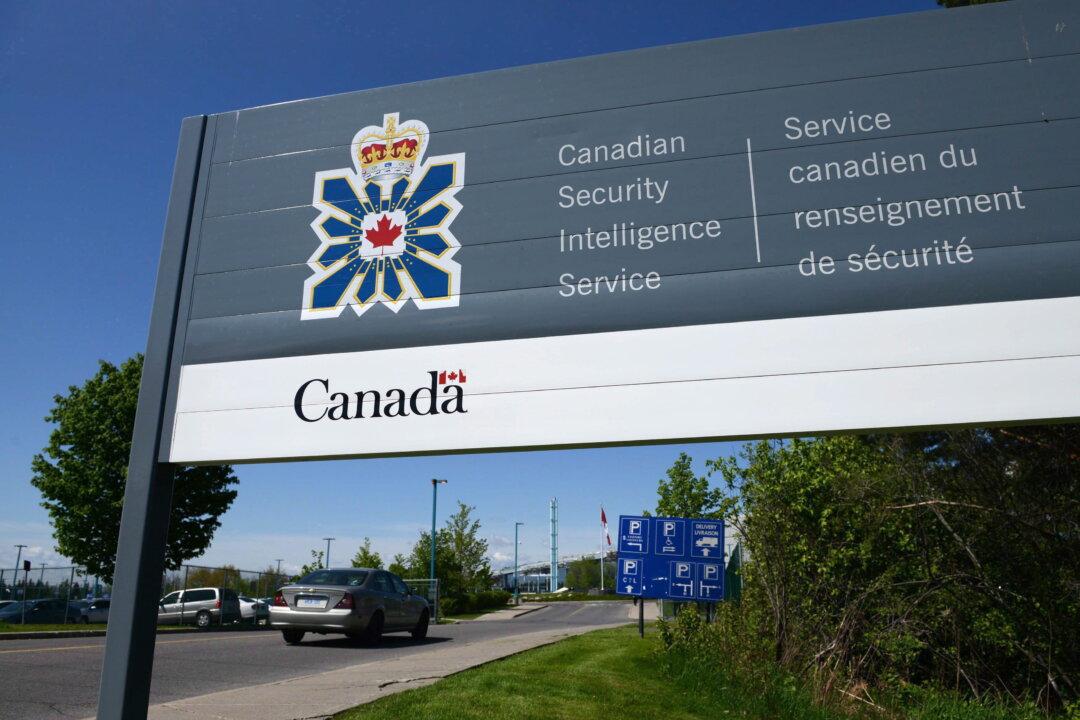A briefing from Canada’s spy agency for the prime minister says that his government needed to change its views and find greater motivation to tackle the threat of foreign interference.
“Better protecting Canadian democratic institutions against FI [foreign interference] will require a shift in the Government’s perspective and a willingness to take decisive action and impose consequence on perpetrators,” says a briefing by the Canadian Security Intelligence Service (CSIS).





